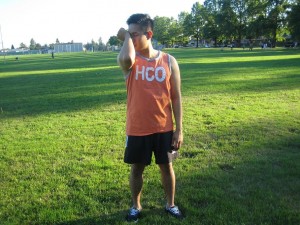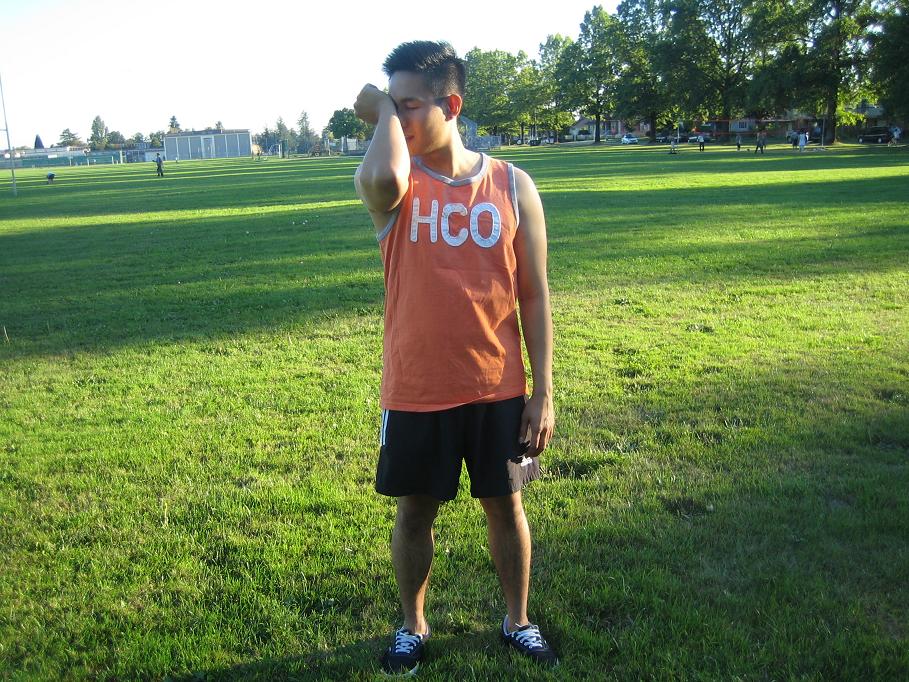Also commonly referred to as myopia, short-sightedness causes individuals to experience blurriness when viewing objects at a distance. However, if an object is close to them, they will have no issue at all with being able to see it. Approximately one out of three people are known to suffer from some sort of sight issue, which indicates that this is something that is rather common.

Those who suffer from short-sightedness can have cases that range from mild all the way to serious, which can greatly affect their overall vision. In most instances, this particular issue can begin at puberty and progress as the individual gets older. On the other hand, short-sightedness has been known to occur in younger-aged children as well.
Here are a few signs that may indicate that a child may be suffering from this particular issue:
*Sitting too close to a television screen
*Sitting at the front of a classroom in order to see the blackboard
*Complaints about tired eyes or headaches
*Constantly rubbing their eyes
Scheduling eye tests
If you suspect that your child may be suffering from any kind of an issue involving their eyes, it may be a good idea to consider scheduling an appointment with their eye doctor as soon as possible to have the issue addressed. Typically, routine eye tests are performed once every two years; however, if a problem is suspected, an appointment can be scheduled at any time.
During the appointment, the doctor will be able to confirm whether your child is suffering from either short-sightedness or long-sightedness. From there, they will be able to recommend treatments such as glasses or contact lenses to help correct the issue. In most instances, the NHS offers free eye exams for children under age 16, as well as those who are under age 19, provided they are attending school on a full-time basis.
What causes short-sightedness?
There are many different factors that can cause short-sightedness to occur. Perhaps the most common cause of this eye issue is when the eye itself grows too long, which means that the retina located in the back of the eye is unable to properly focus on light. As a result, this causes objects that are located at a distance to become blurry. This is an issue that has been known to be genetic, and it has also been linked to individuals who have been found to focus on certain objects for long amounts of time, including computers, books, etc.
One way that doctors believe this particular issue can be prevented from happening is to allow a child to spend an acceptable amount of time outdoors.
Treatment
There are many different treatment options to treat this particular issue, including the following:
*Corrective lenses
*Laser eye surgery (not recommended for children)
*Artificial lens implants
It’s also important to note that there are a couple of different conditions that come with suffering from short-sightnedness. These include the following:
*Squinting, which involves the eyes pointing in different directions and is something that is very common in young children.
*Lazy eye, which happens when vision in one direction isn’t able to develop properly.
Related Video
FACT CHECK
https://www.webmd.com/eye-health/nearsightedness-myopia#1
https://www.aao.org/eye-health/diseases/myopia-nearsightedness
